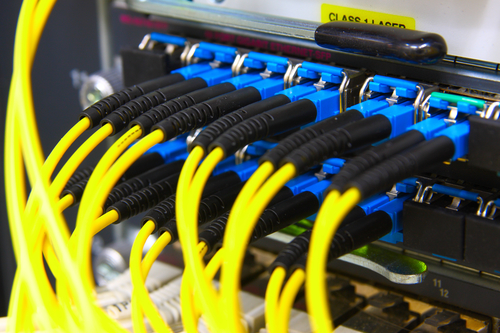Cabinet prepared to compromise on Big Brother law after referendum defeat


The government is planning to make changes to a new law giving greater phone and internet tapping powers to the Dutch security services following last month’s ‘no’ vote in a referendum.
The amendments include a commitment to state explicitly that tapping cable communications should be as ‘closely targeted as possible’ and that more guarantees should be included when information is exchanged with foreign security services, Dutch media report on Friday.
The Volkskrant says the cabinet is prepared to make six concessions to the ‘no’ campaign, including making information gleaned from doctors and journalists more secure.
Following a cabinet meeting on Friday, reported NU.nl, home affairs minister Kajsa Ollongren confirmed that permission will have to be requested to keep data three times in the first year, then annually. It has also been agreed that tapping will be more targeted there will be more supervision of data shared with foreign services .
Prime minister Mark Rutte called this ‘an important step’ in meeting people’s concerns over the new legislation.
The Dutch voted by a majority of 49.5% to 46.5% against the new legislation, which is due to come into effect in May and has been described as a ‘Big Brother charter’ by critics, commentators and privacy experts.
Advisory
Although the referendum, initiated by five students from Amsterdam, was advisory, ministers pledged to take objections into account and have a rethink.
Protesters say the law will allow the state to listen in on entire neighbourhoods and does not contain enough guarantees to prevent indiscriminate tapping. The government is now planning to make tapping more focused.
In addition, raw data, gleaned from a wide variety of data bases can be shared with foreign intelligence services. Here too, the government is prepared to compromise.
Hacking and dna
But opponents are also worried about the power of the intelligence services to hack any device people may have in their homes, including smart fridges, watches or cars. Another concern is that the legislation will allow the secret services to set up their own DNA bank and their powers to compare any DNA found at ‘locations of interest’ with samples in their own DNA bank.
Privacy watchdog Bits of Freedom said on Friday the government’s concessions do not go far enough. ‘If the reports are true, then these are purely cosmetic changes,’ spokesman Hans de Zwart told NOS radio.
‘The core problem, that information about innocent people will be gathered by the security services, is not addressed at all.’
Updated at 15.30 on Friday 6 April
Thank you for donating to DutchNews.nl.
We could not provide the Dutch News service, and keep it free of charge, without the generous support of our readers. Your donations allow us to report on issues you tell us matter, and provide you with a summary of the most important Dutch news each day.
Make a donation